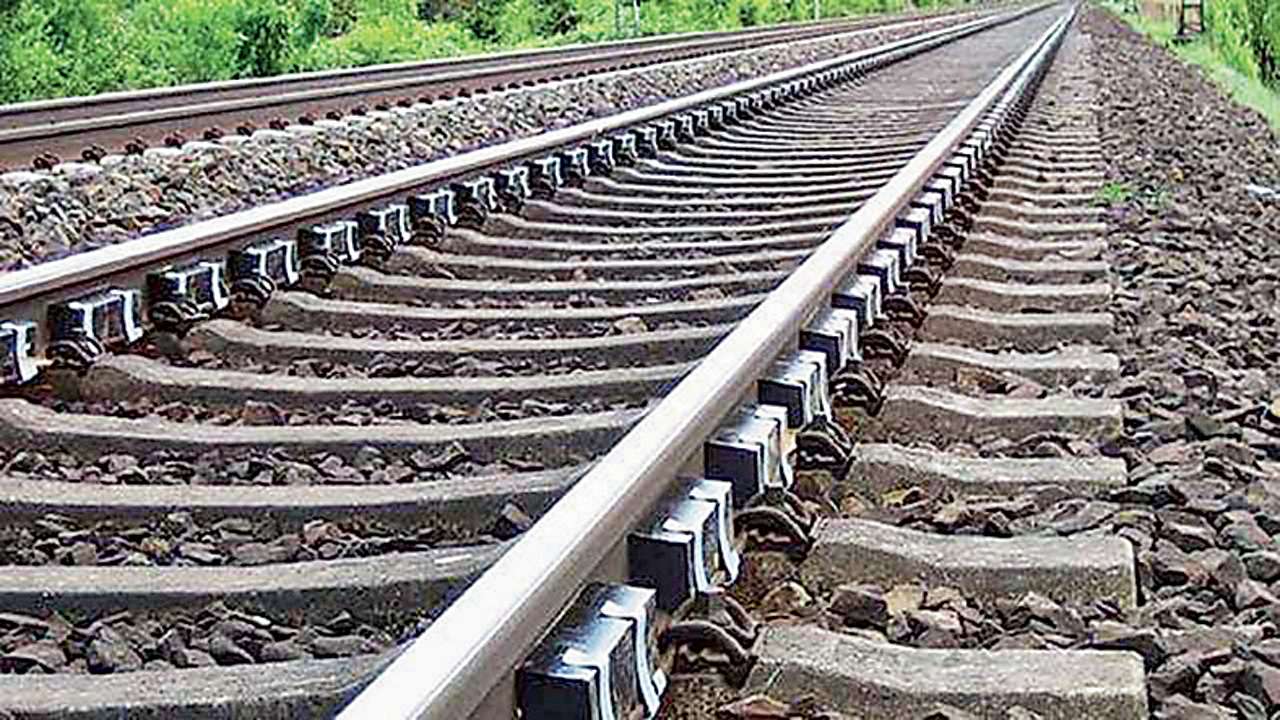Kenya is set to sign a US $25m contract with China Road and Bridge Corporation (CRBC), as single-sourced deal tabled before the Cabinet, to refurbish the Nairobi commuter railway network.
Transport Secretary James Macharia said that the purpose of the Cabinet memorandum is to seek concurrence of the CRBC to undertake infrastructure works since local firms don’t have the required capacity to undertake the works whereas CRBC have the adequate technical capacity, pre-requisite railway experience and ability to mobilise immediately.
“We want the Cabinet to approve the hiring of CRBC who have required capacity to undertake the works without subjecting it to competitive bidding,” said James Macharia.
Also Read:East Africa’s standard gauge railway project falls behind schedule
Nairobi commuter railway network
The project will include upgrading of railway stations and ballasting of the rail network in the first phase of the track rehabilitation. The refurbishment is intended to lay the ground for the shipping of second-hand diesel locomotives that the government is importing from Spain.
The current commuter rail network covers an average speed of 15 kilometres per hour due to broken rails, unstable tracks and insufficient ballast. However, upon completion of the upgrade, it will increase the speed at some sections to the original design of up to 60kph.
The project which part of US 10m fund set aside to ease Nairobi’s traffic congestion through rehabilitation of the commuter rail and introduction of a bus rapid transit system, will see 20 halts and mini stations such as the Kitengela Railway Station, which has been not been operational also refurbished.
The project is expected to ease mass of transport in Nairobi and additionally lead to a drop in fares, which will come as a relief for low and middle-income workers.
“The commuter rail system is unable to take advantage of the slow travel speeds for the other transport modes. It has been estimated that commuter rail is only responsible for carrying one percent of city passenger traffic during the peak hours. However this is soon going to change,” said James Macharia.

